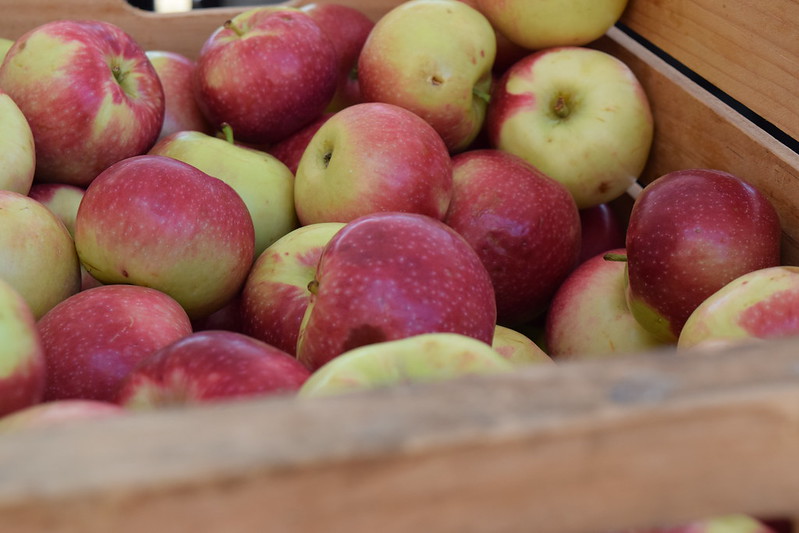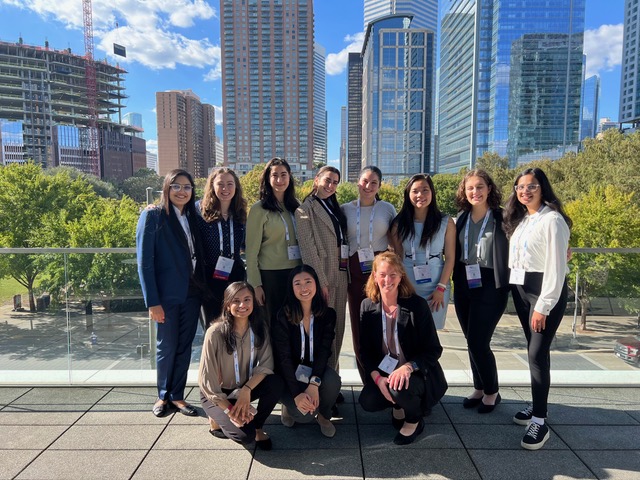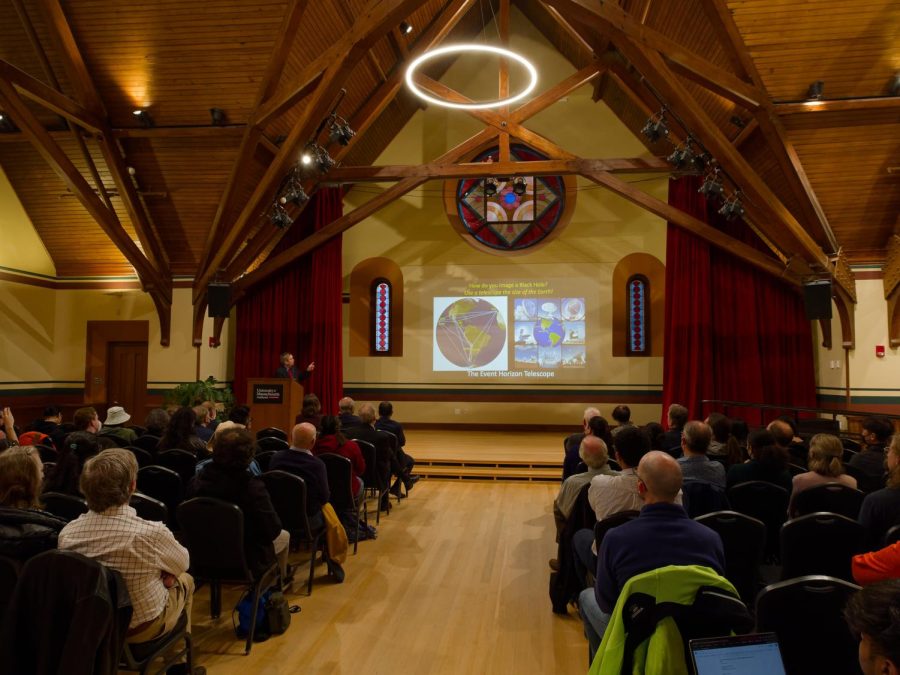The 21st Century Agriculture Commission held its fifth public hearing on Thursday, Nov. 16, led by state Sen. Jo Comerford and state Rep. Kate Hogan, to discuss food security in the Commonwealth.
The hearing featured keynote remarks from Congressman Jim McGovern and other speakers to present their expertise in regional and state food security.
Speakers included Kate Adams, public policy manager for the Greater Boston Food Bank (GBFB), Andrew Morehouse, executive director for the Food Bank of Western Massachusetts, J. Harrison, interim executive director for the Massachusetts Food System Collaborative (MFSC) and Rebecca Miller, policy director for MFSC.
The commission serves as a group to investigate opportunities in renewable energy production, streamline grant processes, review extension services and more broadly tackle agricultural challenges and opportunities in the Massachusetts community.
McGovern shared his vision regarding food security in Massachusetts, paired with the barriers that remain at the hands ofCongress in Washington D.C.
He expressed the necessity of expanding accessibility to local produce, an initiative he has been at the forefront of, but quickly noted the political realm that has flourished throughout Congress in recent months.
These forces have brought about what he deemed as, “extremist views.” McGovern noted cuts in programs such as the Supplemental Nutrition Assistance Program, that “help hard-working Americans to get by.” These programs include, but are not limited to, housing support, food assistance and the Low-Income Home Energy Assistance Program.
“We’re fighting like hell to prevent cuts in these programs…but while we are defending these core programs, I think it’s important to continue advocating for how we want to see them evolve in the future,” McGovern said.
McGovern has been working with the Biden-Harris administration and convened a White House Conference on hunger, nutrition and health, the first in fifty years.
A great deal of his efforts go towards the reestablished Federal Farm Bill that persists under the threat of, what McGovern remarks as, the prominent backlash of Republican representatives. The bill received a one-year extension upon expiring in September, holding the affirmation to improve Massachusetts’ anti-hunger safety net. It is also set to boost local farms through a family model, a major component of farm security.
McGovern also relayed that a large factor constantly at play is the climate crisis, where the bill will address the problems that farmers face at the frontline of agricultural disasters.
Adams raised attention regarding the intersection of food insecurity and agriculture in relation to the efforts of GBFB. GBFB distributes “over 100 million pounds of nutritious food annually through a network of 600 partnering organizations.” Many of these distributions tackle food insecurity in more vulnerable communities such as food pantries, meal programs, homeless shelters and mobile markets for seniors, children and students.
Beyond this intricate network of distribution, GBFB is working on an annual statewide research program in collaboration with Mass General Brigham to understand food access, affordability and food system infrastructure.
These state and regional trends are due to a variety of overlapping emergencies. Inflation paired with rising costs of living remain at the crux of the issue as individuals are left to make decisions between necessities like buying nutritious food or healthcare.
“One in three people in Massachusetts were struggling with food security last year with disproportionate impacts on BIPOC and LGBTQ+ populations,” Adams said.
Morehouse pointed to this disparity and introduced the Food Justice Frontline Program that “supports farmers of color, Black and Indigenous people who are not proportionately represented in the farm economy [and in the] world.”
The organization provides learning programs but focuses their efforts on providing sufficient processes of physical accessibility to land including processes aided by the University of Massachusetts Stockbridge School of Agriculture.
Through programs such as the Massachusetts Emergency Food Assistance Program (MEFAP), organizations can work to support local farms and assist vulnerable populations.
MEFAP provided greater accessibility throughout the plight of the pandemic where their vending opportunities have kept farmers “afloat during uncertain times.”
MFSC speakers, including Harrison, were the last to present and shared their project titled “New England Feeding New England,” a 10-year initiative to increase regional food production. Within the project, MFSC has set out to create a report identifying economic and climate conditions within the state’s food system.
“The report raises a critical question which is if the commonwealth needed to become more self-reliant quickly, would we be prepared with a reliable and abundant food supply?” Harrison asked. “We believe [that] the quest for increased regional food self-reliance is to create increased stability and insurance policy against future risk, and at the same time giving us a really robust set of additional tools for addressing local food insecurity… to health, equity, environmental [and] economic development issues.”
The next committee hearing will be held on Jan. 18, and is looking for written testimony from the public regarding ideas for how to help farm and food systems in the New England community, along with proposals for the future of agriculture in Massachusetts.
Alexandra Protter can be reached at [email protected].



















